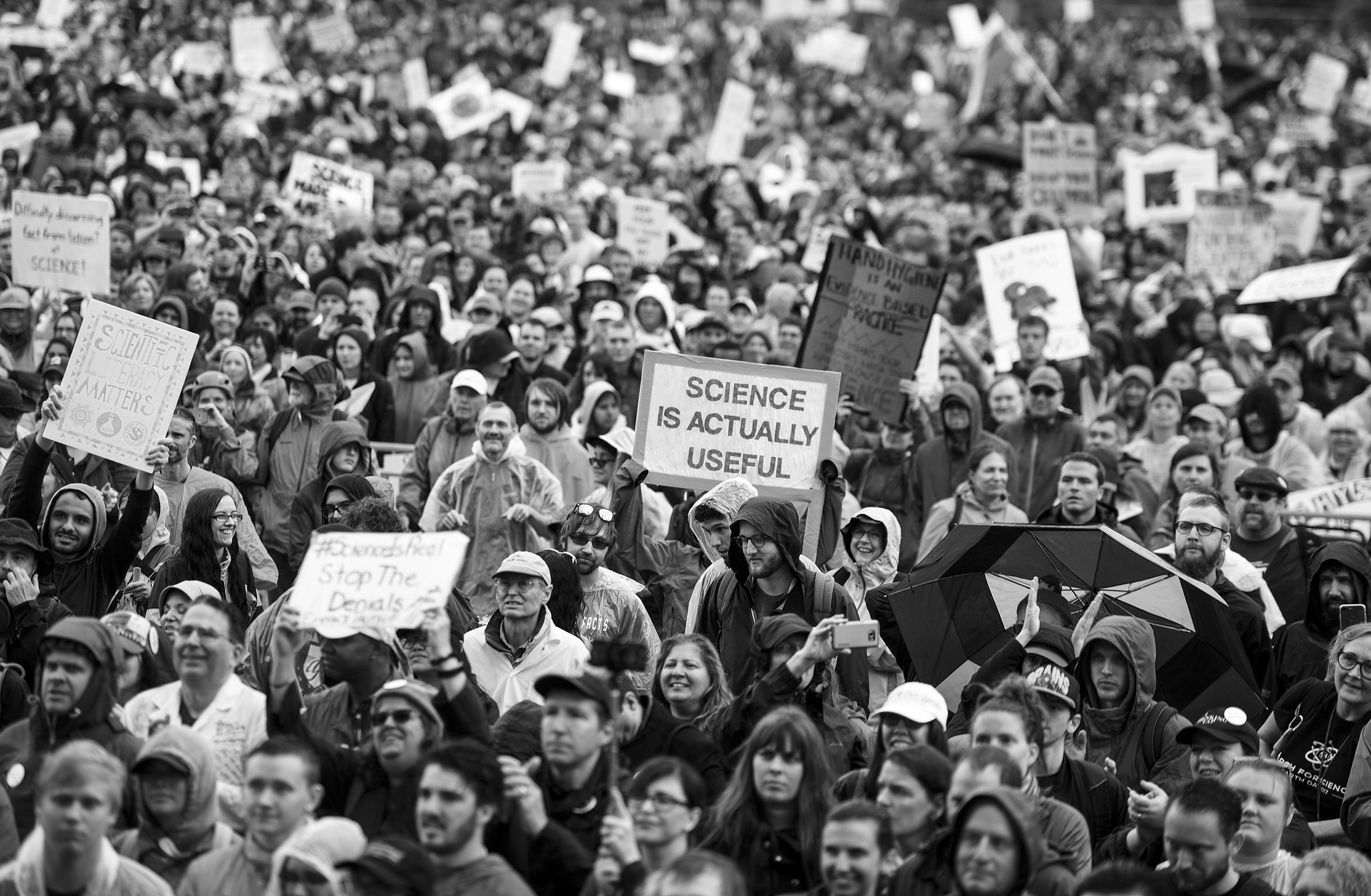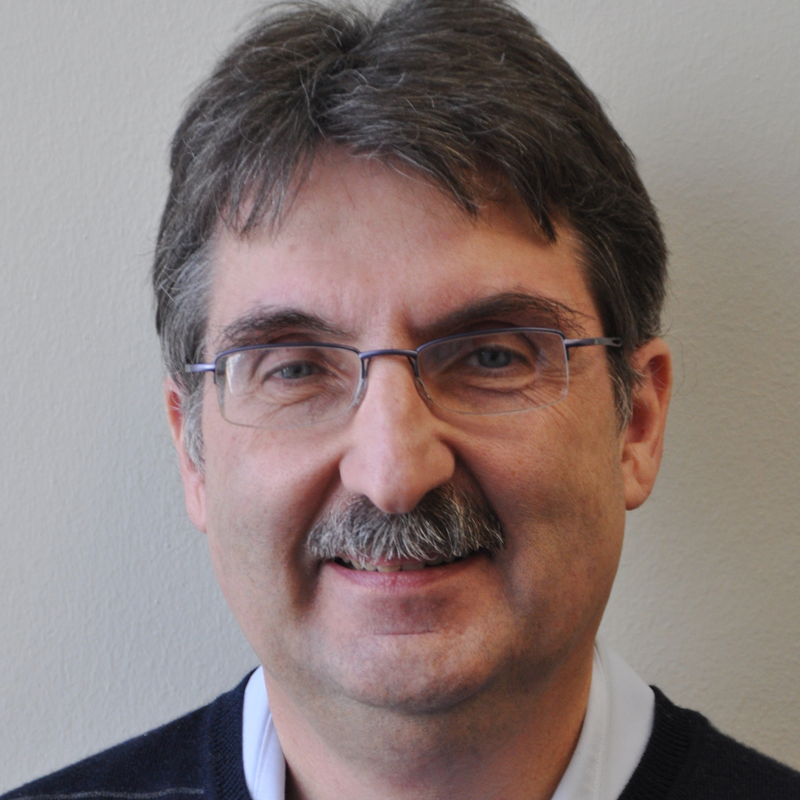
At the risk of revealing my age, I want to reminisce briefly about the first Earth Day: April 22, 1970.
I was in my freshman year of high school. My civics teacher, Mike Thompson, was right out of college with no teaching experience but a vision that the contemporary methods of teaching weren’t working. (He was right.)
After following the textbook for the first semester, he decided to shake up things in the second half of the academic year. He asked us—the students—what we wanted to study. Our responses:
- The antiwar movement. It’s 1970, the Vietnam war is under way and we’re getting close to the draft age.
- Sex education
- Ecology
- Abortion. This was before Roe v. Wade, which coincidentally was announced a few years later on my 18th birthday.
- Rock ’n’ roll
Mr. Thompson didn’t think he could get away with sex education as that more appropriately belonged in biology class. And rock music might just be a bridge too far, although he had previously described Easy Rider to the class in detail. For the other subjects, we spent a six-week grading period on each.
Today, such a departure from the curriculum would no doubt be grounds for dismissal, and it might have been then had any of the students shared Mr. Thompson’s creativity with a school board member. But we didn’t know anything about the school board, so this innovative scenario really played out in a small town in North Carolina.
The ecology discussion was fascinating.
We read Paul Ehrlich’s The Population Bomb and Rachel Carson’s Silent Spring.
We started an ecology club, which we named URTH. That was intended to be a bastardization of the term earth, but everyone kept wanting to know what it stood for, so we landed on Ugly Ride To Hell.
About that term ecology. Yes, that was what we said then. Environment became the accepted terminology later.
The URTH Club actually did stuff, unlike most student clubs that were basically just an avenue to get another photo of yourself in the yearbook. And as a freshman, I was thrilled that my “rookie” status wasn’t viewed as a barrier to participation.
We cleaned up an illegal dumpsite near the high school.
We tidied and upgraded an empty lot in the African American section of town. Our town’s residences were completely segregated at the time, and this was the first year that the schools were fully integrated. As you might imagine, our activity raised some eyebrows.
I was assigned to take the lead on the cleanup of the school grounds—me, a freshman!
For Earth Day, we brought a prominent speaker to campus. This was unprecedented. Everybody got out of class to head to the football bleachers to hear about how our planet was being ravaged but also how we could get in front of that to ensure a better world.
And we were educating others.
At the local drugstore when buying toothpaste, Mr. Thompson brought the box to the counter, took the tube out of the box, laid the box on the counter, and said, “please discontinue use of this excess packaging.” You can imagine the clerk’s shocked expression.
At home, my parents were somewhat perturbed when I started wrapping presents in newspaper rather than fancy wrapping paper and began insisting that we recycle various products (although, oddly enough, people regularly recycled soft drink bottles at the time, and stores actually paid for that).
At about the same time, a recurring segment of The Bold Ones called The Senator, starring Hal Holbrook, debuted on network television. The pilot episode had an old friend of the senator’s family dying from emphysema and his son taking up the crusade against air pollution in response. Holbrook allegedly got that role because of his earlier portrayal of an aspiring Senate candidate in the cult classic Wild in the Streets who advocates lowering the voting age to 15.
So that’s how I came to be tabling in downtown Forest City (originally called Burnt Chimney) on the first Earth Day. After school let out, a handful of us URTH Club members set up a table in front of Ron & Eddy’s Restaurant (immortalized in the song “The Ron and Eddy Blues” by Rod Abernathy of the band Arrogance) and proceeded to inform passersby about pollution and recycling. You know, revolutionary stuff.
Our small town had two weekly newspapers. One had been around for decades and was a comfortably boring publication that wouldn’t have dreamed of disrupting the status quo. The new kid on the block, called This Week, was started by a couple of 20-something journalism majors, and they spiced up things with good photography that dominated the page and feature-style writing that made even the most mundane small-town events worth reading about.
The publisher of This Week was there with us documenting the first Earth Day. He later went on to teach journalism at UNC Chapel Hill.
At the time, we thought the warnings of dire consequences for not protecting Mother Earth would take hold. Folks like Ehrlich, Barry Commoner (who would run for President in 1980) and Wisconsin Senator Gaylord Nelson, the founder of Earth Day, were sounding that message.
But for a time Earth Day was largely forgotten, celebrated only by the hardcore. Attending a gubernatorial candidate forum in North Carolina in 1976, I started a question by saying “Earth Day is just around the corner…” and then asked an environment-related question. The candidate (who did not win) clearly had never heard of Earth Day.
Now Earth Day has become like elections, each being the most important ever because of the horrific results just around the corner if we don’t make the right decisions.
Although we have advanced on the environmental front rather significantly since the first Earth Day—separating our garbage, eliminating Sears Roebuck catalogs, cleaning up some rivers and ponds, shifting from newsprint to online newspapers, reducing auto emissions—for every step forward we seem to take two steps backward. Moreover, we appear to have hit a roadblock for how much of the public is open to enhanced environmental awareness.
Earth Day is every bit as important in 2022 as it was in 1970, maybe more so because time is running short to implement the necessary changes. So, Earth Day 2022 is a renewed call to immediate action.
Act Now!
To get involved with others working to protect the environment, contact any of the following grassroots leaders in Fresno County:
Leslie Martinez (lmartinez@leadershipcounsel.org), community engagement specialist, Leadership Counsel for Justice and Accountability
Ron Martin (559-390-1338 or martinrj93638@yahoo.com), conservation chair, Sierra Club Tehipite Chapter
Connie Young (559-225-2547 or cyoungrn@sbcglobal.net), Citizens Climate Lobby
Nayamin Martinez (nayamin.martinez@ccejn.org), executive director, Central California Environmental Justice Network

